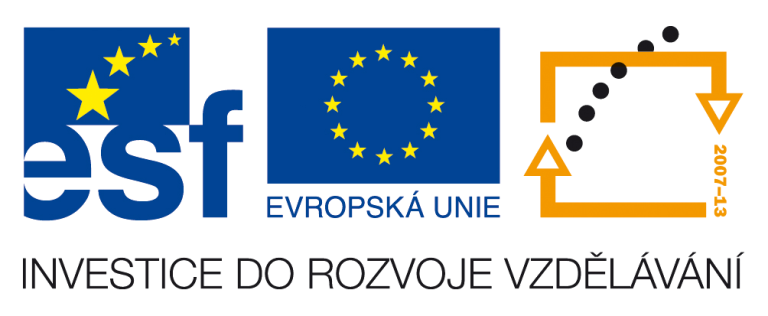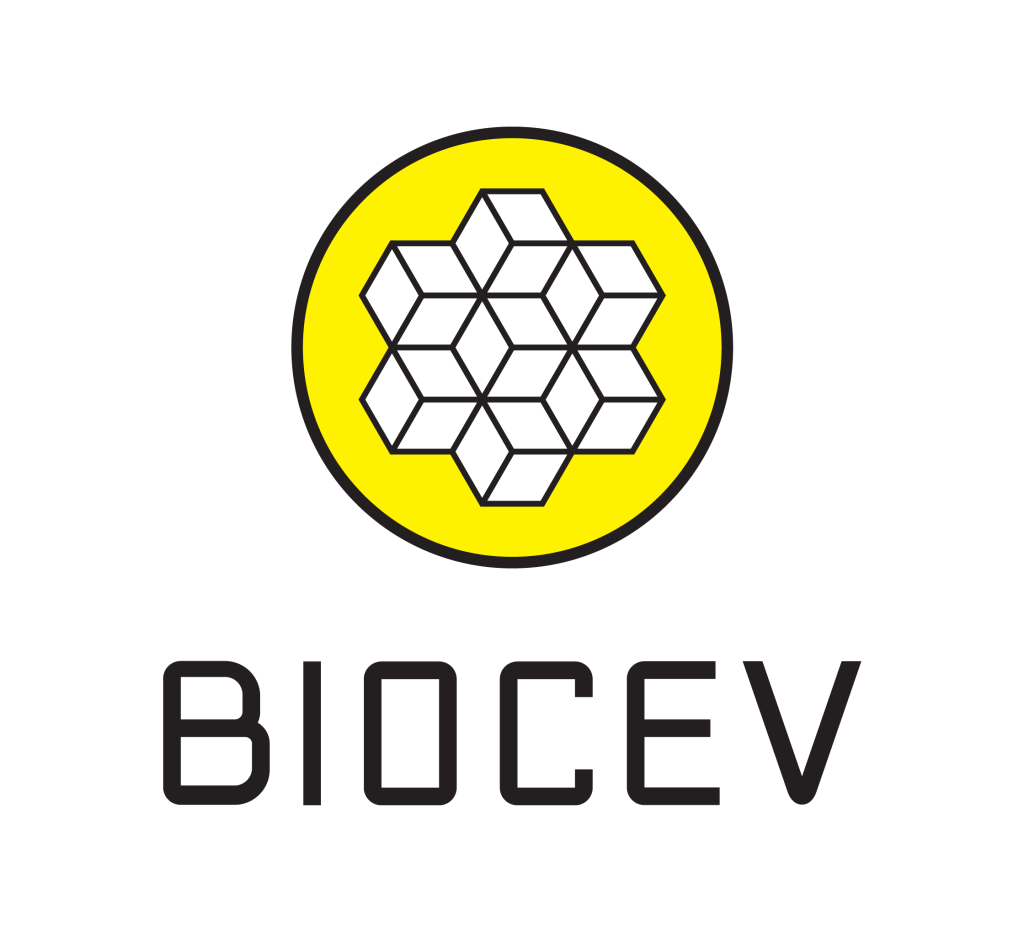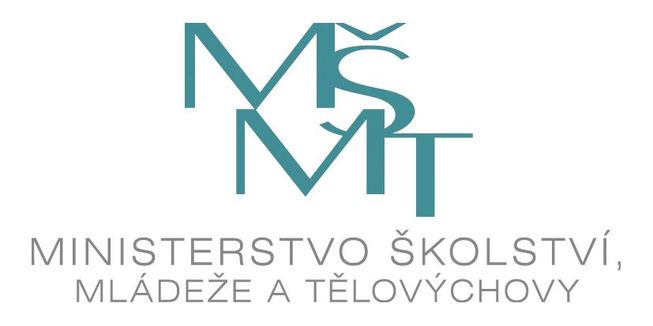Breast cancer is a leading cause of cancer-related deaths among women in the Czech Republic and worldwide. Estrogen receptor-positive (ER+) subtypes, such as Luminal A and Luminal B, make up the majority of cases treated with hormonal therapy (HT). However, many patients develop resistance to HT, either at the onset (primary) or during treatment (secondary), leading to treatment failure. Current molecular markers used to predict responses to HT fail to capture the diversity of ER+ cases. Therefore, a need remains for a simple molecular marker detectable in the pathological examination of the biopsy, which would indicate an intact function of ER and/or signalize the existence of the acquired resistance, or another effective therapeutic target specific for HT resistance.
All major oncogenes and tumor suppressor genes coordinate metabolic reprogramming by inducing the expression of individual metabolic enzymes or entire pathways. Our project focuses on studying tamoxifen-resistant ER+ breast cancer cell models, specifically Tam5R, which are resistant to tamoxifen and exhibit significant metabolic changes. These cells show altered mitochondrial function, increased glycolysis, and elevated oxidative stress (Tomková et al. 2019 PMID: 31494243). We address metabolic changes associated with HT resistance of breast carcinoma in order to identify metabolic markers that would be easily detectable, and that would provide objective information about the therapy response, and/or provide prospective therapeutic targets. We are particularly examining two metabolic pathways: lysophosphatidylinositol (LPI), which is upregulated in tamoxifen resistance, and mitochondria-specific phospholipids cardiolipins, which are downregulated.
The goal of the proposed project is to reveal additional adaptive strategies by which individual metabolic enzymes and pathways (i.e. pathways unrelated to drug processing) contribute to the development and maintenance of tamoxifen resistance in breast cancer. Our project aims to demonstrate that the observed metabolic alterations could be exploited for cancer diagnosis and treatment of the resistant tumors that arose from the ER+ breast cancers, which is of significant clinical importance.
The principal outcomes of the project should provide:
i) biochemical background for etiology of tam resistance in breast cancer;
ii) plausible therapeutic targets that promote metabolic vulnerability in tam resistance;
iii) novel metabolic markers of HT resistance, i.e. diagnostic and prognostic markers detectable in a biopsy,
implying upcoming tam resistance and ER signaling functionality.
The project is supported by grant 23-06208S of the Czech Science Foundation.









